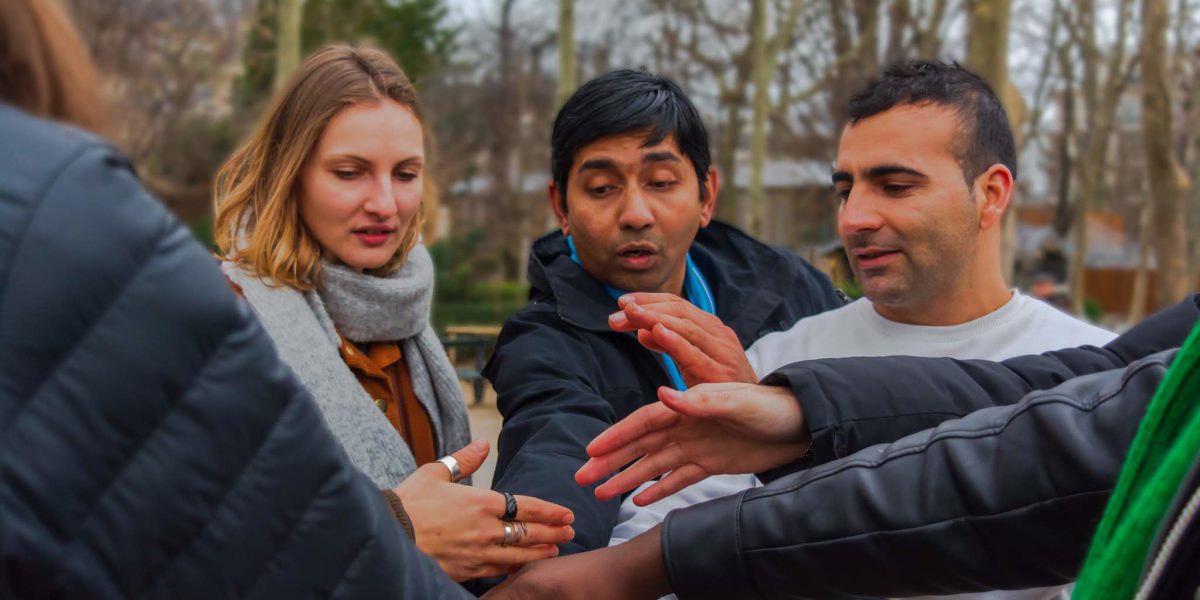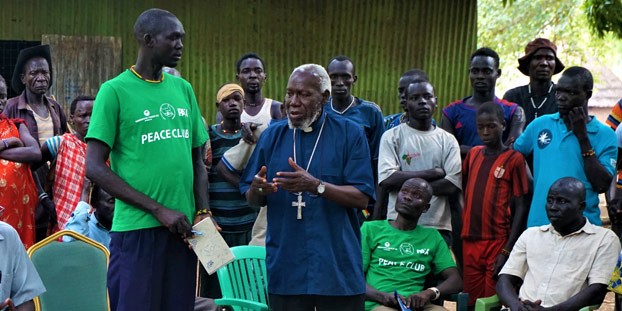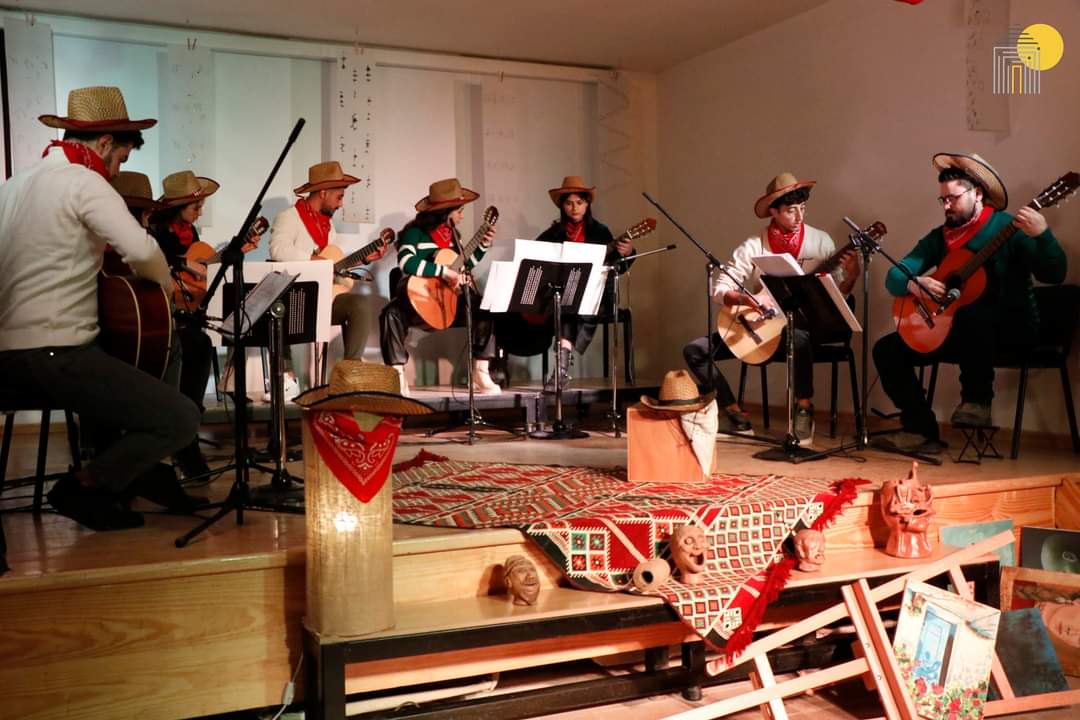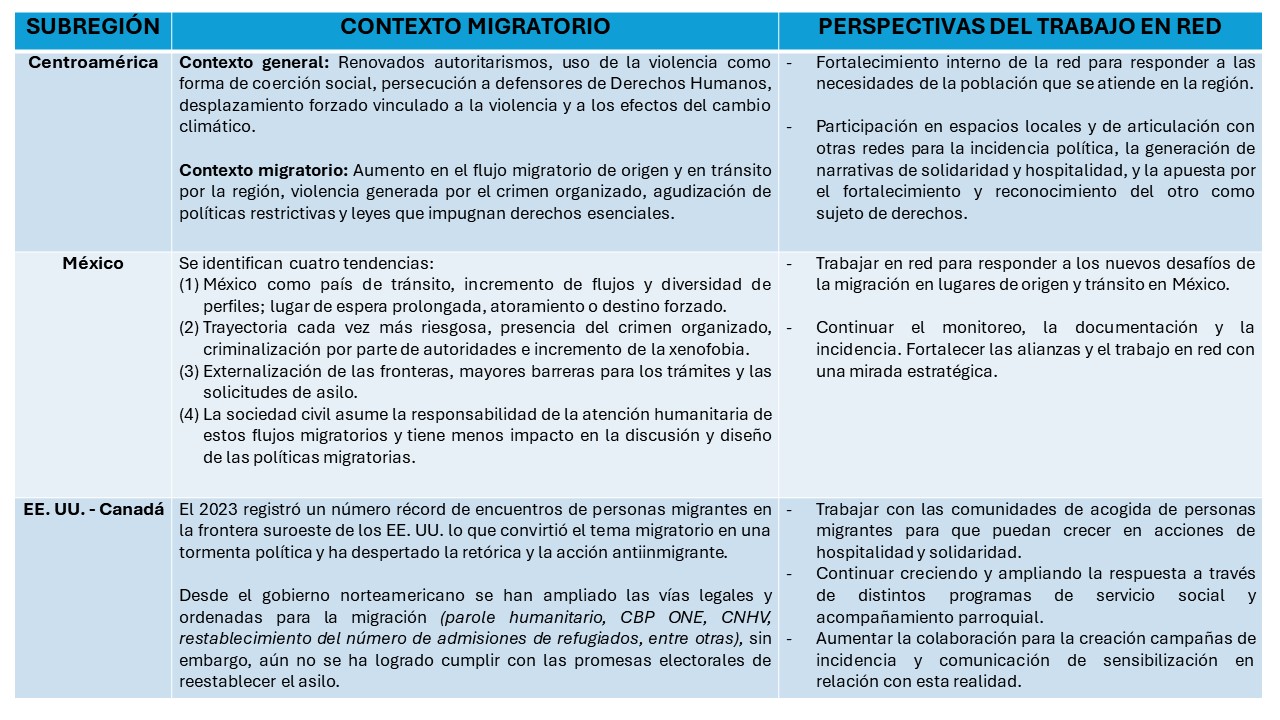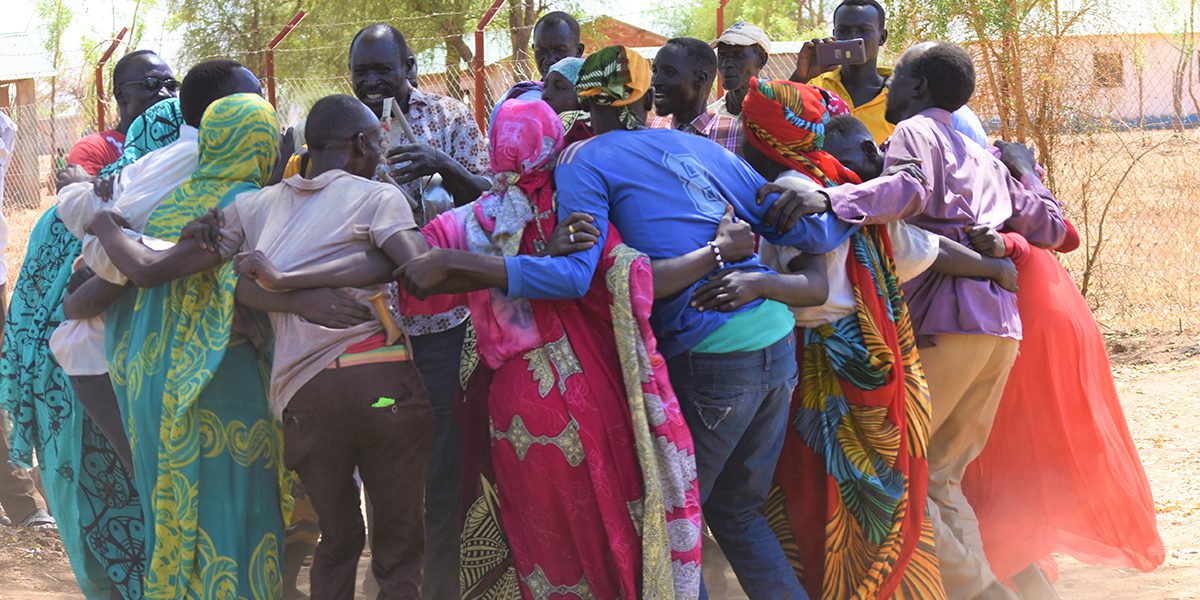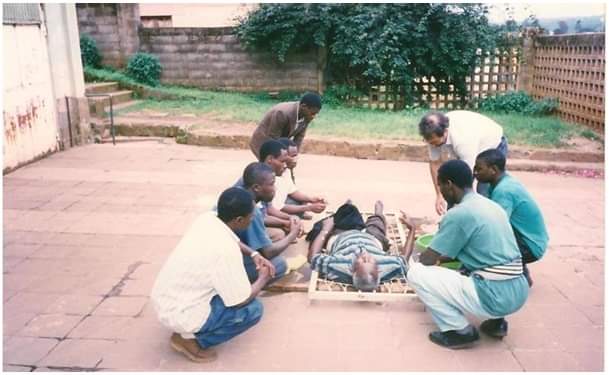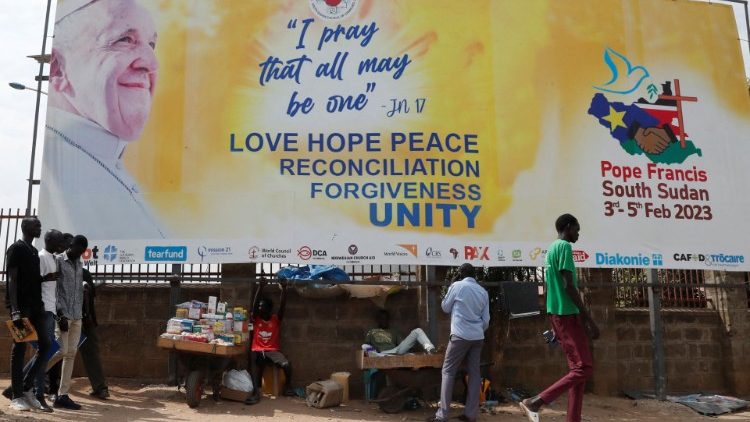Eyes Full of Tears: Palestinian Christian Hope
By John S. Munayer and Samuel S. Munayer
Addressing hope amidst the Palestinian experience is a weighty task, especially when your community is enduring such atrocities. Indeed, Palestinian Christians have had the difficult challenge of articulating Christian hope within the oppressive reality we live in that has afflicted Palestinians for over seventy-five years. Amidst this backdrop of suffering, our community faces pain and decline, with the looming threat of our ancient Christian community vanishing from the Holy Land. Nevertheless, we, the living stones of the land of resurrection, believe in the good news of Christ.
It is crucial to recognise that Palestinian Christian hope has been exploited by Christians residing outside of historical Palestine. Pilgrims and long-term residents in the Holy Land have often misconstrued our hope as a reason to refrain from action against the oppressive forces we face, or worse, to treat our hope as a mere commodity or a form of shallow spiritual entertainment. Similarly, hope, as portrayed by political and religious leaders in the Palestine-Israel context, has frequently proved to be deceptive, exacerbating our feelings of despair. In essence, we approach hope with caution.

As we contemplate hope during this extended Easter season, particularly with the discrepancy between the Western and Eastern calendars, and amidst the profound suffering in Gaza, we find inspiration in the narrative of Mary Magdalene. Mary is a witness to both the agony and the resurrection of Christ. Imagine Mary, who bore witness to the immense suffering and crucifixion of Christ, enduring a long and traumatic Saturday. With no one to turn to and no saviour or political/religious authority to appeal to, she stood helplessly by as her teacher was subjected to abuse. Mary must have felt alone and defeated.
In many ways, Palestinians can identify with the Magdalene. We feel alone and defeated as our people suffer oppression whilst the global community remains silent. Tragically, the oppression we face is often justified by our Christian siblings. This can be seen when many Christian Zionists warrant these evil doings using the Bible, and “post-Holocaust” theologians who are atoning for European anti-Semitism at the expense of Palestinian suffering say nothing. Either way, like Mary, our Saturday is long and traumatic. We must not obscure the crucifixion with the resurrected Christ, leaping from Friday to Sunday, without seriously considering the long Saturday since we might be at risk of ignoring or glorifying suffering.

Mary does not flee from the evil she witnessed firsthand. Unlike Peter and the other disciples, she confronts suffering and remains a witness to the crucifixion. Moreover, Mary’s love and faithfulness to Christ remain despite the presumed defeat. The Gospel of John tells us that even the resurrection event was not easy for Mary. Firstly, she could not see clearly. It was dark (20:1), her eyes were full of tears, and she had to bend over to see into the empty tomb (20:11). We, too, cannot see clearly amidst our suffering. Secondly, Mary’s hearing was impaired, probably from the shock of the empty tomb or her conversation with the angels and her weeping. She engages in conversation with Jesus but does not immediately recognise his voice (20:11-15). It is difficult for us Palestinians to recognise God’s voice amidst our realities, encouraging us to have courage, faith, and hope in the resurrected Messiah. Thirdly, Mary’s witness of hope in Christ was doubted by her fellow disciples (Mark 16:11). We Palestinian Christians are doubted, too, as we feel that our fellow Christians around the world doubt our message or do not take our cries seriously.
Therefore, the mission of hope in the resurrected Messiah is one where our tears impair the vision of hope as we weep and become unclear as we wrestle with trauma. But that is when the mystery of hope is found—amidst hopelessness. There is no resurrection without crucifixion, no hope without despair. We must continue to love and be faithful to our Lord, even when things are hard and uncertain. And maybe, like Mary, in the darkness and pain, we will be able to recognise the voice of resurrection, giving us strength to persevere and empower others.

